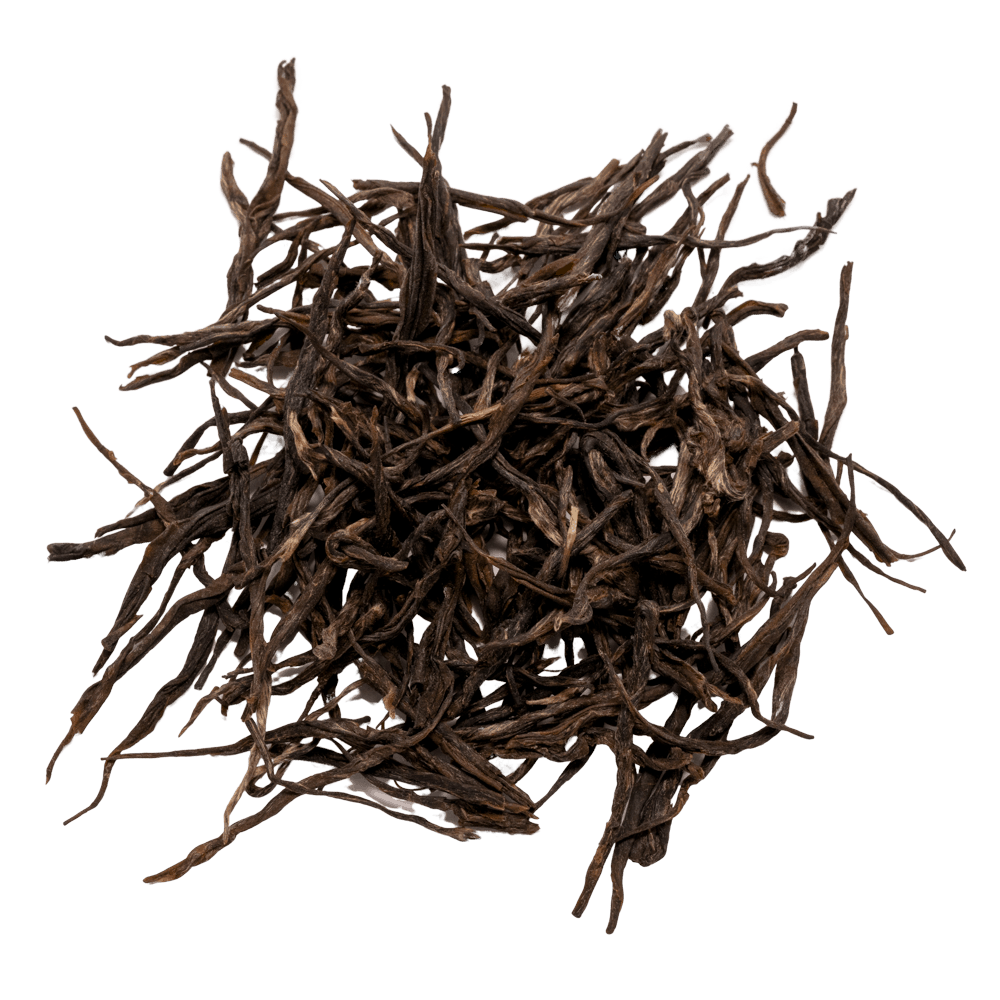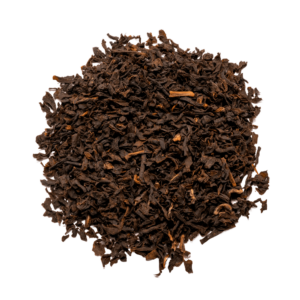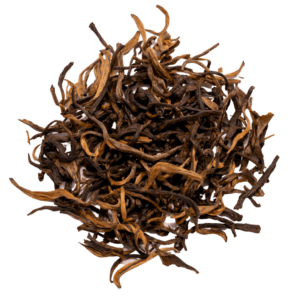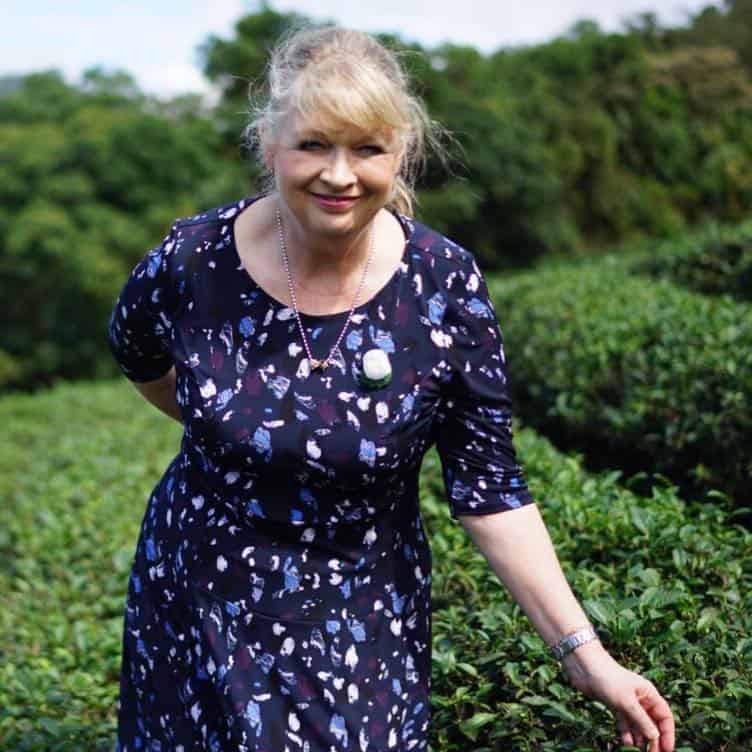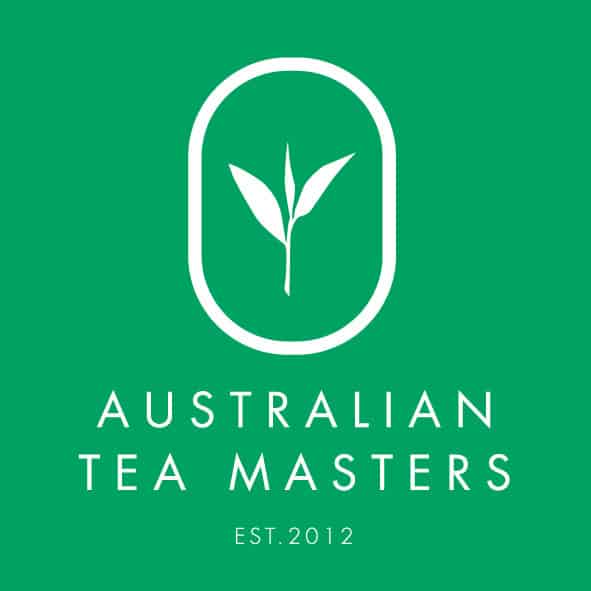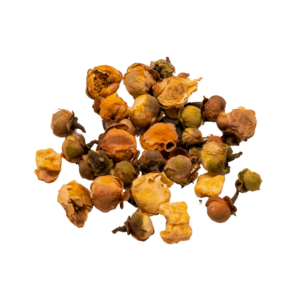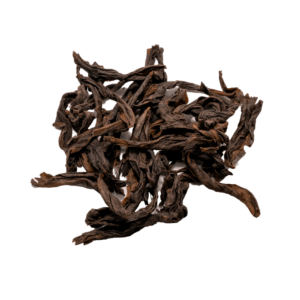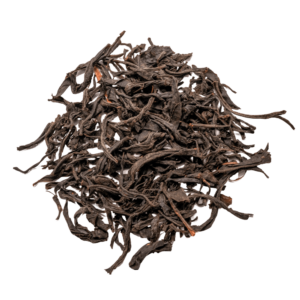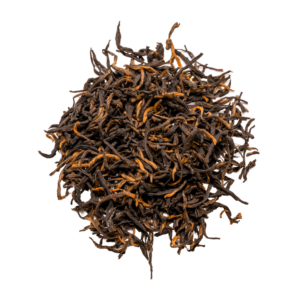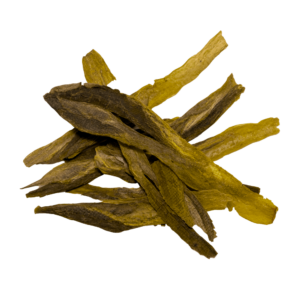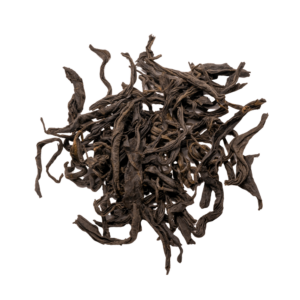Tea was first discovered over 5,000 years ago in China and originally was almost exclusively consumed for medicinal purposes or as an aid for meditation. Tea was generally perceived to be bitter, so extra ingredients were added to it such as citrus, herbs and even onions and other additives to increase its palatability. Monks especially used it for meditation and alertness. The art of making and drinking tea truly developed in feudal China during the Tang Dynasty (618 CE — 907 CE). This era is characterised by an intense interest in the developing culture surrounding the arts, which created a favourable atmosphere in which tea culture could truly flourish.
As tea was known to be relatively beneficial to human health and helped increase attention , it was the choice of many artisans, painters, craftsman, apothecaries, poets, and calligraphers.
The Chinese Buddhist priest Lu Yu was a pioneer in China’s developing tea culture, and his book, the celebrated Chájīng ( 茶经, or The Classic of Tea), helped launch tea into the then-modern era.
It was published in 780 CE and was the first recorded treatise on tea. Chájīng asserted many things, including the idea that tea should only be consumed without additives — that is, on its own and without the inclusion of other herbs, flavourings, and ingredients. It was said that this would only serve to spoil the drink with no additional benefit, and should therefore be avoided.
While tea culture today has gradually evolved away from this idea, it was well-respected in many circles during Lu Yu’s time. Korea and Mongolia were two of the first nations to trade with China for their tea. As most tea was compressed into bricks (puerh or fermented tea cakes) during a majority of the Tang Dynasty, it became something of a reliable commodity.
Eventually people from China were exchanging multiple bricks of tea for assets such as Mongolian horses for the Chinese cavalry. Puerh cakes were also a much more transportable form of tea which helped avoid the possibility of leaves being dropped over cliffs or blown away during transport.
With many people looking towards the future instead of past, tea culture became severely eroded, which led many independent teahouses and gardens to shut their doors forever. Tea cultivators, too, could not afford to continue operating and were forced to close their businesses.
Thankfully in China, as it always has, tea went through a steady period of revitalisation, particularly in the 1980s. Trade flourished, and China reclaimed its rightful place as the world leader in the tea trade, again becoming forever associated with the irreplaceable drink consumed by millions today.
China produces the largest range of unique hand made teas in the world with each region producing a tea unlike no other region. The most famous teas in the world are produced in China covering all six categories of tea.
Some of the most famous teas are Bai Mu Dan ,Silver Needle,Bilochun,Hua Shan Yellow Bud,Tie Guan Yin ,Da Hong Pao, Keemun,Jasmine, Sheng and Shou Puerh

